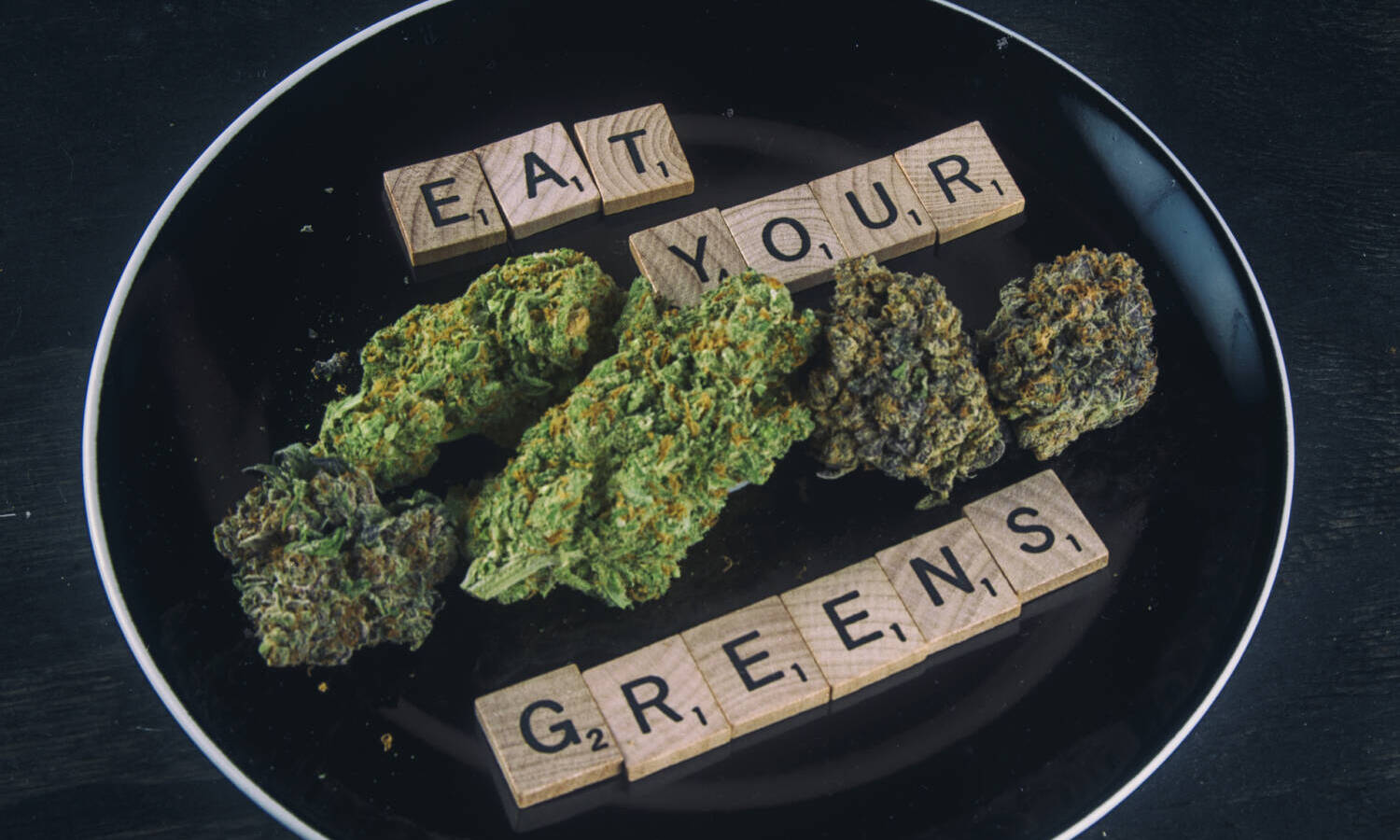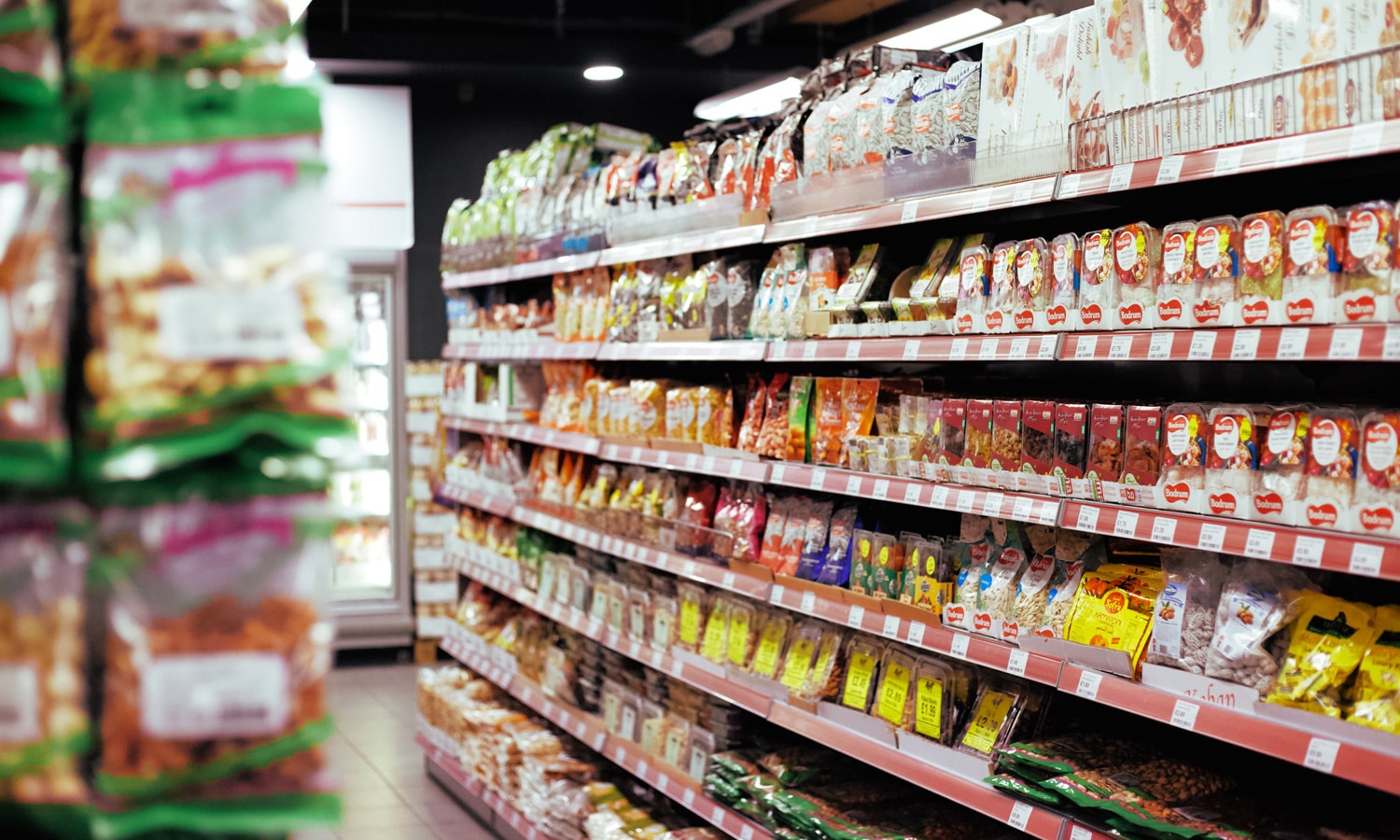
How Much THC Can You Legally Eat or Drink? The EU sets the standard
This article originally appeared on Cannabis.net and has been republished with permission.
The European Commission (EC), the regional entity tasked with drafting cannabis laws for all members of the EU, has finally published guidelines for the highest acceptable levels of THC to be allowed in hemp edibles available for human consumption.
The EC issued a two-stage regulation. The first of these, approved by the European Commission’s Standing Committee on Plants, Animals, Food and Feed, states that oil derived from hemp seeds should not contain THC levels greater than 7.5 mg/kg.
Photo by Alexander_Volkov/Getty Images
The second regulation states that dry foods containing hemp, such as flour and protein powder containing hemp seeds, as well as hemp seeds themselves, must not contain more than 3 mg/kg of THC.
To put this in an international context, Canada has set a limit of 10 mg/kg for both dry foods and oils containing hemp seeds. And in Switzerland, the limit for oil products is 20 mg/kg, double that of Canada, while the limit for dry products remains the same at 10 mg/kg.
Impact of Setting Limits
This development pleased German cannabis lawyer Kai-Friedrich Niermann, who is currently suing the government over hemp import laws. In his opinion, the judgment of the European Commission was decisive and groundbreaking for the European hemp sector. Guideline values organized throughout the EU are currently in force for the first time.
Cases such as a comprehensive recall of absolutely harmless hemp products last August in Germany should therefore be a thing of the past.
Lorenza Romanese, executive director of the European Industrial Hemp Association (EIHA), the only EU-wide lobbying organization with real lobbying power at the moment, agreed. She announced that the EIHA has accepted the recently agreed limits. For the market to thrive, it must be a market based on standard rules and not based on 27 national laws.
uncertainty of the restrictions
Nevertheless, not everything is satisfactory. The European Industrial Hemp Association is still unsatisfied. There are several reasons for this, but the main reason is the continued uncertainty that exists despite the proclamation. For this reason. Laboratories that carry out analyzes for official controls and controls must observe regulations for deriving the so-called “measurement uncertainty”. The European Commission has yet to specify what these uncertainty values are.
This creates a continuous ambiguity that the new regulations have yet to resolve. In fact, a product is considered non-compliant with the new regulation if it goes beyond the maximum permissible and the complementary margin of freedom. In the absence of a clear definition of this delta, manufacturers must defend any measurements that exceed the limit, even slightly, to the authorities. According to the European Industrial Hemp Association, the development is finally ending the fragmentation of the domestic market and will most likely boost investment in the sector.
RELATED: European lessons from legalizing cannabis in the US
Stakeholders will be given additional time to adapt to the new rules by trading their current stocks during a growth period. Twenty days after publication of the regulation in the Official Journal of the European Union, the rules will also become binding for all member states of the European Union.
 Photo by Mehrad Vosoughi via Unsplash
Photo by Mehrad Vosoughi via Unsplash
Why is the procedure extended?
There is a certain sarcasm in how slowly the European Commission’s hemp policy is progressing. This is because, shockingly, given the slow pace of reform, the European Commission is also pursuing policies claiming that hemp cultivation contributes to the goals of Europe’s Green New Deal. This includes the plant’s ability to isolate carbon, promote biodiversity, prevent soil erosion, and enable the cultivation of crops that require little, if not no, use of pesticides.
RELATED: Selling CBD edibles is legal in the UK
Another reason why all of this is very ironic is the fact that France is also by far the largest hemp producer in the European Union at up to 70%, followed by the Netherlands at 10% and Austria at 4%. . The most effective lawsuits at EU level to date have taken place in this country. In addition, the fiercest battles over regulations in the industry have taken place in this country. That includes the current court battle over the sale of hemp flower in the country, not just extracts.
However, one thing has been made clear. Because of this, France, and not Germany, is the leader in setting country-specific policies that impact other countries, if not judgments at the European Union level. In fact, there is an ongoing case in Germany attempting to establish European Union rules domestically, which is also shaped by the Kanavpe case in France.
Still, the days are ending when hemp producers weren’t bound by formal guidelines like in the Wild West. Now for the next fight
bottom line
The ultimate goal of this restriction is to create a single market for hemp and dried products, as Europe consists of 27 member states that speak different languages and have different mindsets. The market is a mess, but now there are legally binding guidelines for everyone. Now that these clear guidelines regarding cannabis seeds are available in Europe, the EIHA believes they will help develop the market and attract outside investors.
While the EIHA is thrilled that regulations are in place, the association will continue to seek to raise THC limits in hemp seed-derived foods as they believe the current regulations are too strict. The association is working to conduct a clinical-toxicological study on 400 people to find out the effects of foods containing CBD or other minimal cannabinoids on the human body.
New scientific knowledge gained through studies is made available to the European Food Safety Authority (EFSA). There will be a request for a new risk assessment to reassess THC limits.
This article originally appeared on Cannabis.net and has been republished with permission.

Post a comment: